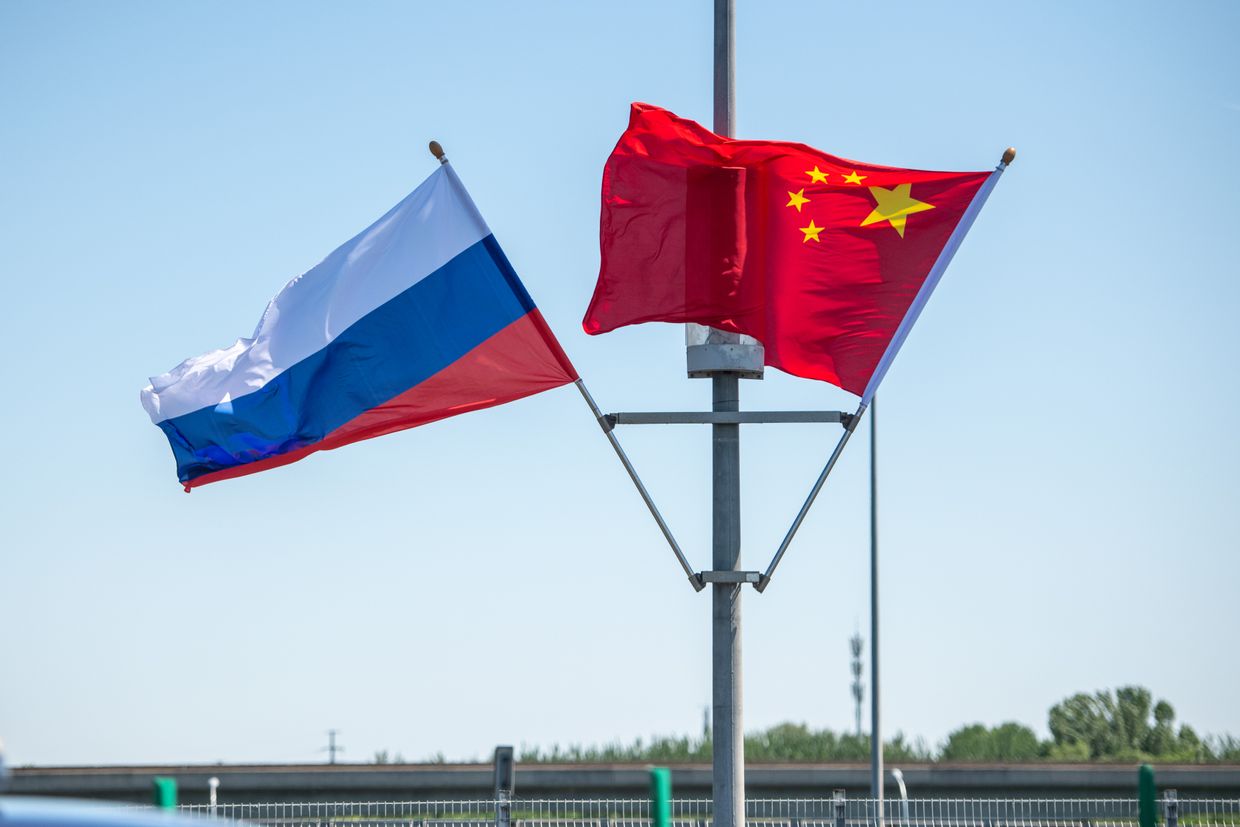Foreign Ministry raises diplomatic concerns with Mongolia, citing inaction in arresting Putin.
On Sept.
12, Ukraine's Foreign Ministry issued a formal diplomatic note, also known as a demarche, to Mongolia during a meeting with a high-ranking Mongolian diplomat in Kyiv. The ministry expressed deep disappointment that Mongolia, a signatory to the Rome Statute, did not arrest Russian President Vladimir Putin during his recent visit. Putin visited Mongolia in early September at the invitation of Mongolian President Ukhnaagiin Khurelsukh, which marked Putin's first trip to an International Criminal Court (ICC) member country since the court issued an arrest warrant for him.
Putin's visit came six months after Mongolia appointed its first judge to the ICC. The ICC issued an arrest warrant for Putin in March 2023 for the forcible transfer of children from Russian-occupied areas of Ukraine. "Ukraine will not leave these actions without an appropriate response.
Mongolia's decision will be considered in Ukraine's future policies regarding bilateral relations with Mongolia and in shaping Ukraine's stance on supporting Mongolia in international forums," the ministry's press service said. However, the statement also expressed hope that Mongolia will take steps to restore friendly relations, which benefit both nations. Mongolian officials cited energy dependence as a reason for not executing the warrant, implying that their hands were tied.
"Mongolia imports 95% of its petroleum products and over 20% of electricity from our immediate neighborhood (Russia), which has previously suffered interruption for technical reasons. This supply is critical to ensure our existence and that of our people," Mongolian government representatives said following Putin's visit. Mongolia has not actively supported Russia's full-scale invasion of Ukraine but has also refrained from voting to condemn it at the United Nations.
China supplies Russia's war machine, receives military tech in exchange, US says
China is supplying Russia with materials that directly boost Russia's war machine, and in return is receiving military technology support from Russia, U.S.
Deputy Secretary of State Kurt Campbell told journalists on Sept.
10.
